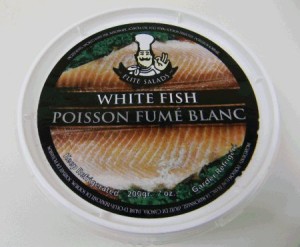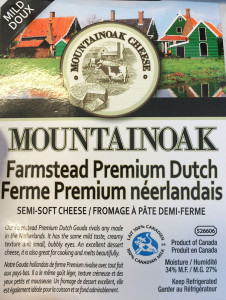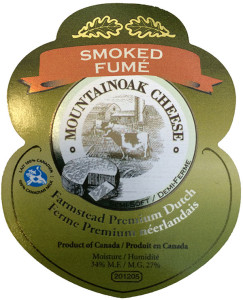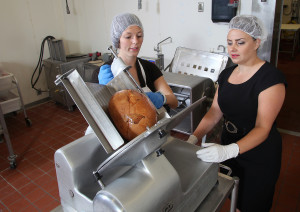If that headline isn’t enough to convince that European Union food safety risk communicators are clueless, read the following summary.
 Note: there seems to be an expanding business in talking about talking, rather that actually doing; the EU was absolutely absent when E. coli O104 killed 43 and sickened 4,300 in 2011.
Note: there seems to be an expanding business in talking about talking, rather that actually doing; the EU was absolutely absent when E. coli O104 killed 43 and sickened 4,300 in 2011.
The objective of these guidelines is to provide a framework to assist decision-making about appropriate communications approaches in a wide variety of situations that can occur when assessing and communicating on risks related to food safety in Europe. The aim is to provide a common framework applicable for developing communications approaches on risk across public health authorities in different countries.
Communicators from EFSA, Member States and the European Commission work together in EFSA’s Advisory Forum Communications Working Group (AFCWG). A key aim of that group is to promote cooperation and coherence in risk communications, particularly between risk assessors in Member States and EFSA – one of the key priorities laid down in EFSA’s Communications Strategy.
These guidelines are an initiative of that group, recognising two important points: 1) there is a need for more practical guidance with respect to principles laid down in scientific literature and 2) the literature on risk communications guidance specific to food safety is limited. As it is the group’s desire to continue to learn from experience and strengthen risk communications within the European food safety system, this will be a living document which will be periodically revisited and updated with best practice case studies.
As defined by Codex Alimentarius, risk communications is the: “exchange of information and opinions concerning risk and risk-related factors among risk assessors, risk managers, consumers and other interested parties”.
That’s enough. Read the rest of this verbal syphilis on your own time.












